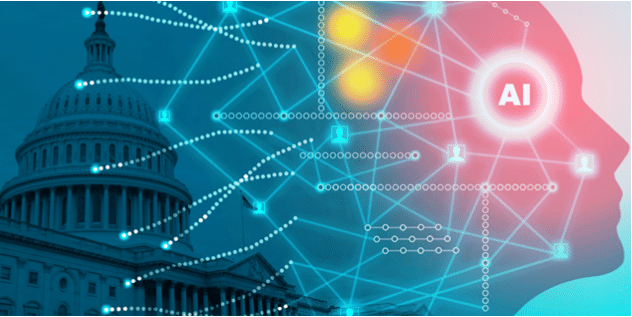
How Governments are Using AI to Streamline Process Improvement
Artificial Intelligence (AI) technologies are invaluable tools for streamlining process improvement and operational efficiency strategies within federal, state, and local governments. AI, utilizing cutting-edge technology, performs tasks that typically require human intelligence. Specifically, generative AI systems are built to learn from patterns of inputs and outputs, generating new data with similar structures. Ethically incorporating AI tools into government processes can increase productivity, reduce operational costs, and improve service delivery across departments and disciplines.
The ability to automate repetitive administrative tasks indirectly reduces costs by eliminating the need for additional employees to manage such responsibilities. As a result, additional labor hours can be allocated more efficiently, allowing employees to prioritize more important tasks and deliver better quality services to constituents1.
A prime example of this application is the proliferation of virtual assistants. EMMA, for instance, is fluent in English and Spanish and uses intelligence to provide accurate responses to human language queries. It guides users through websites and offers information based on questions and search terms2. Consequently, employees have more time to focus on complex departmental tasks while EMMA provides immediate assistance to website users.
In the State of Oklahoma, AI is integrated to enhance the delivery of public services by assisting state agencies, affiliates, and municipalities in identifying and implementing critical social services with constituent experience in mind3. For example, Oklahoma’s Office of Management and Enterprise Services (OMES) utilizes AI systems to create a centralized data hub for quick access and analysis across agencies. This data can be crucial during emergencies, such as identifying students who receive subsidized school lunches to ensure they are fed during school closures. Additionally, agency data can be mobilized swiftly for public health needs like COVID-19 testing and contact tracing4.
Looking ahead, although the future of AI in government is uncertain, it is critical that future applications prioritize ethical integration to maximize the operational benefits of AI technologies.
MFR Consultants
Thoughts about AI? We’d love to hear from you! Get in touch with us here, or follow us:

